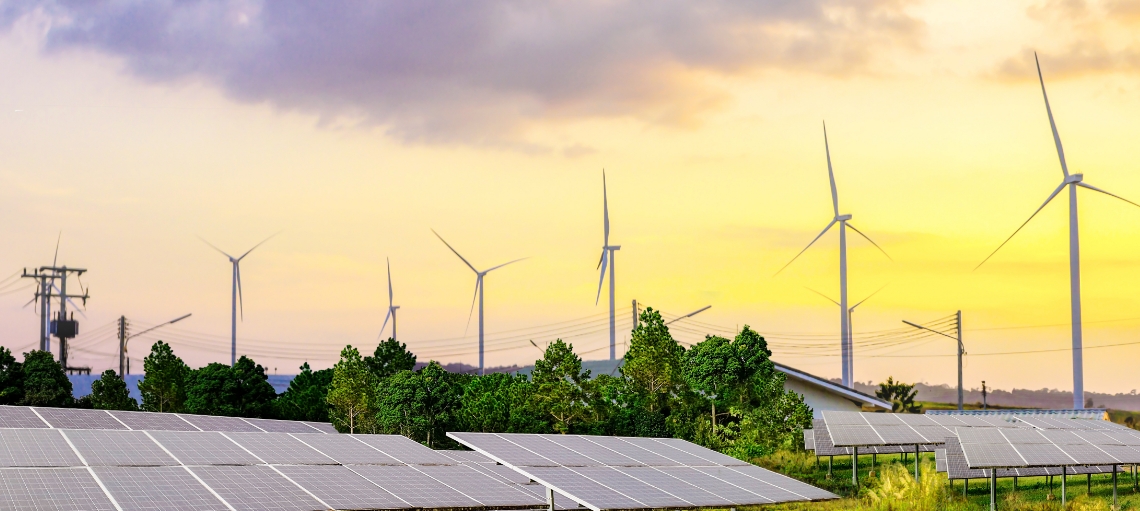-
GRI 2-23,
-
GRI 2-24,
-
GRI 2-25,
-
I-M2,
-
I-M3,
-
E-M1,
-
E-M5
We understand the environmental challenges that the entire industry and our Group face. We have a clear and ambitious goal – we want the Enea Group to become a zero-emission business. In carrying out our energy transition, we innovate, respect the environment and engage our end users. The foundation of our approach to climate and environment is the ENEA Group Development Strategy until 2030 with an outlook to 2040 and ENEA Capital Group Climate Policy adopted in 2023.
The ENEA Group Development Strategy until 2030 with an outlook to 2040 provides that the transition of Poland’s energy sector will include divestiture of coal-fired generation assets from the structures of energy groups. To respond to the challenges brought by the transition, we have adopted ENEA Capital Group Climate Policy with the main objective to specify the impact the Group’s operations have on climate and outline the management directions and mechanisms that help us ensure sustainability of our business and respect for our planet’s natural resources.
Both documents are a response to the expectations of financial markets supporting the development of zero-carbon energy, shareholders and investors who are aware of the potential impact that large companies can have on the environment. They also confirm that we are ready to report transparently on our activities and sustainable growth in line with the ambitious European Sustainability Reporting Standards (ESRS).
Environmental issues are also regulated in a number of Group’s policies and procedures.

Key environmental provisions in selected policies of the Group’s companies:
- developing new services and products in consideration of the environment,
- investing in solutions that satisfy stringent environmental standards,
- working on technologies to increase production of energy from renewable sources,
- making rational use of energy and natural resources,
- striving to reduce the volumes of generated waste and pollution,
- initiating and actively participating in educational campaigns for environmental protection and building environmental awareness,
- preventing breakdowns that can be harmful to the environment.
- minimising emissions,
- reasonable management of natural resources,
- seeking to maintain balance between the Group’s activities and the natural environment,
- investing in environmentally-friendly technologies,
- supporting renewable energy sources,
- working with organisations that care for the natural environment.
- accounting for environmental considerations when selecting suppliers of products and services1) such as the energy efficiency of the object of the contract.
1) If considered relevant to the object of the contract.

